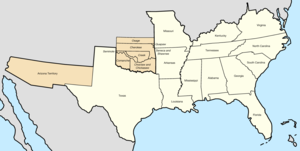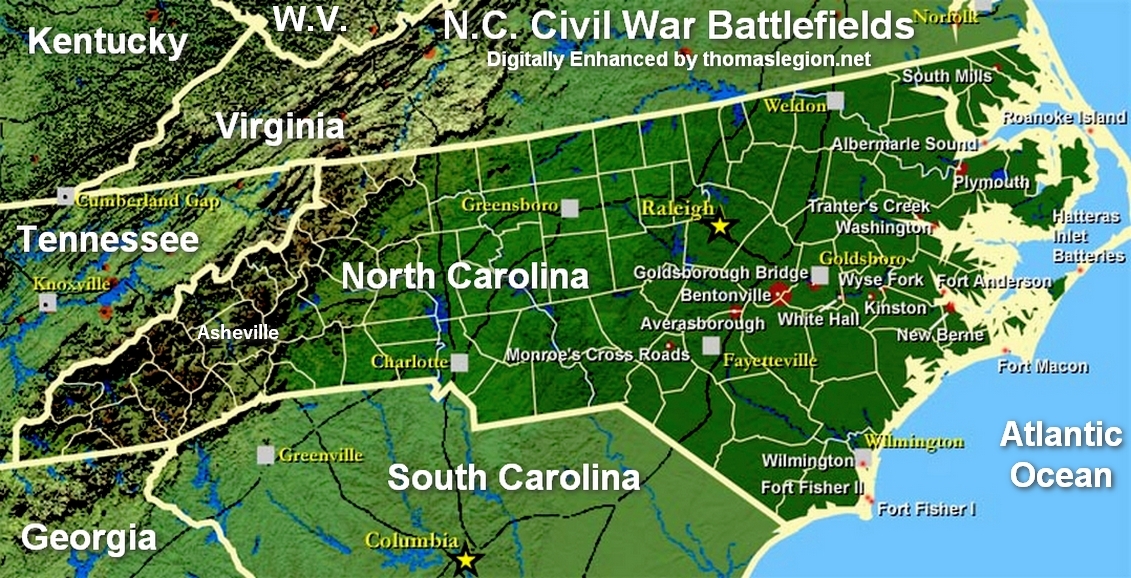Reference



OpenAI's Answer
North Carolina played a significant role during the American Civil War, largely supporting the Confederacy despite some Unionist sentiments within the state. Here are some key points:
-
Secession and Contribution: North Carolina was the second-to-last state to join the Confederacy, seceding on May 20, 1861. Despite initial reluctance, it contributed significantly in terms of manpower and resources, sending approximately 130,000 soldiers to serve in various branches of the Confederate forces (NCpedia).
-
Military Actions: The state witnessed numerous military engagements. Major battles occurred in North Carolina, particularly in regions like Cape Fear and during the fall of Wilmington. The Battle of Bentonville was one of the largest and last full-scale actions fought on North Carolina soil (NC Historic Sites).
-
Strategic Importance: North Carolina's geographical location made it strategic for both the Confederacy and the Union. Confederate ironclads, such as the Albemarle, played crucial roles in naval engagements. Additionally, North Carolina faced significant Union pressure towards the war's end, highlighted by battles like the Union attack on Fort Fisher in January 1865 (North Carolina History).
-
Surrender and Aftermath: The largest surrender of Confederate troops occurred in North Carolina under General Joseph E. Johnston at Bennett Place in April 1865, which marked a significant step towards the end of the Civil War (American Battlefield Trust).

For further in-depth reading, you can explore more about North Carolina's Civil War history on sources like Wikipedia and the American Battlefield Trust.
Follow Up
Related
How are Wooden All-Americans and Senior All-Americans determined?
What influence did Polish wooden synagogues have on American synagogue architecture?
Typical ventilation ducts in an American house
What are some notable examples of synagogues designed by American architects influenced by Polish wo
How did the American Civil War influence the development of American music?